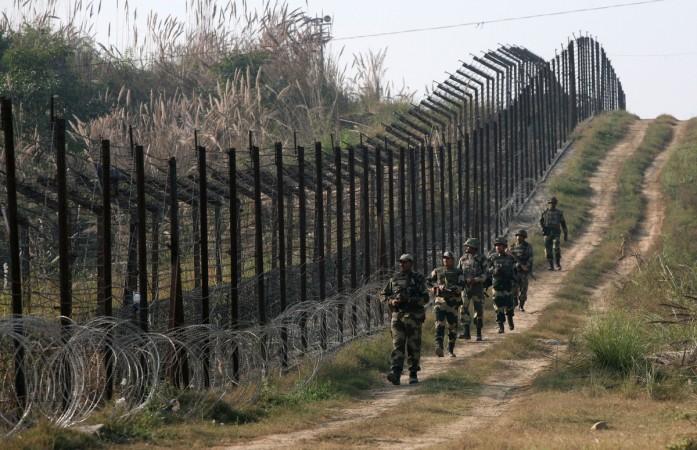
Two Class 10 students from Pakistan had misled the National Investigation Agency (NIA) by saying that they were guides for Jaish-e-Mohammed in the Uri attack, when they were caught on this side of the border. In reality, the boys had fled their village in Pakistan, after harassing a girl, in fear of her family.
Also read: Indus Water Treaty controversy: Centre forms task force to examine full utilisation of river waters
Faisal Husain Awan and Ahsan Khursheed, classmates and residents of Pitha Jandgran and Khiyana Khurd villages in the Pakistan-occupied Kashmir had crossed over two days after the Uri army base attack, an NIA official told Hindustan Times on condition of anonymity.
"They ran away but accidentally crossed the LoC (line of control) in Jammu and Kashmir, where they were found loitering close to Uri on September 20 and picked up by locals," the official, who is investigating the attack, said. They were allegedly beaten up by locals before being handed over to the army.
The NIA asked the Jammu court to close the case against the duo, who are in Kot Bhalwal jail.
The fugitives said that they were guiding the Pakistan-based militant outfit Jaish-e-Mohammad to cross into India for the army base attack on September 18, which led to the death of 19 soldiers.
"They were very scared. For initial seven days in the NIA custody, the boys kept saying they were the guides who brought the Uri attackers," said the official. "They told us about earlier instances when they had brought attackers. We video-recorded their statements also," the official said.
The official said that their statement did not add up. A week after confessing that they were guides, the boys told them their real identity.
The agency won't be mentioning the reason why they fled from their villages in their closure report.
"It was not our mandate. We had to see whether the boys were involved in the Uri attack and our probe says they were not," said the official.
The NIA will continue to probe the Uri attack.









